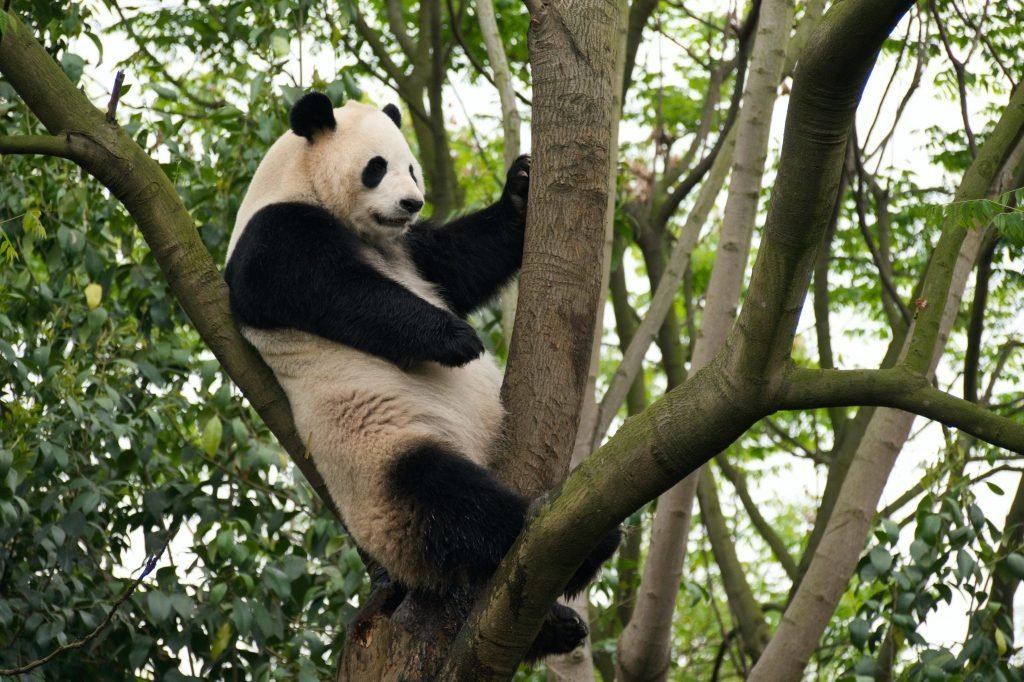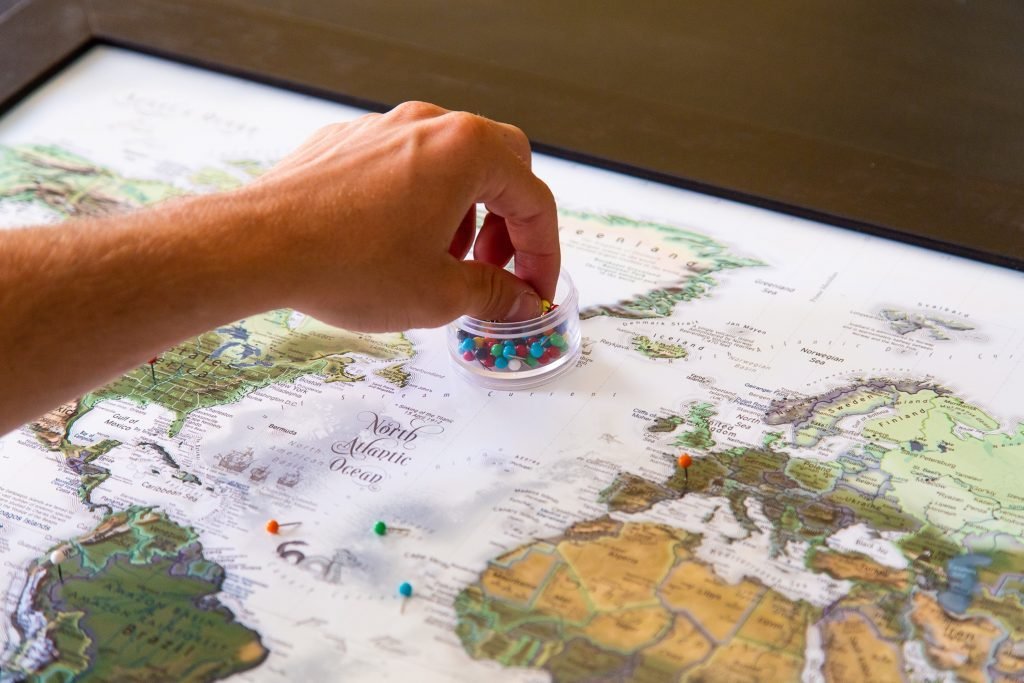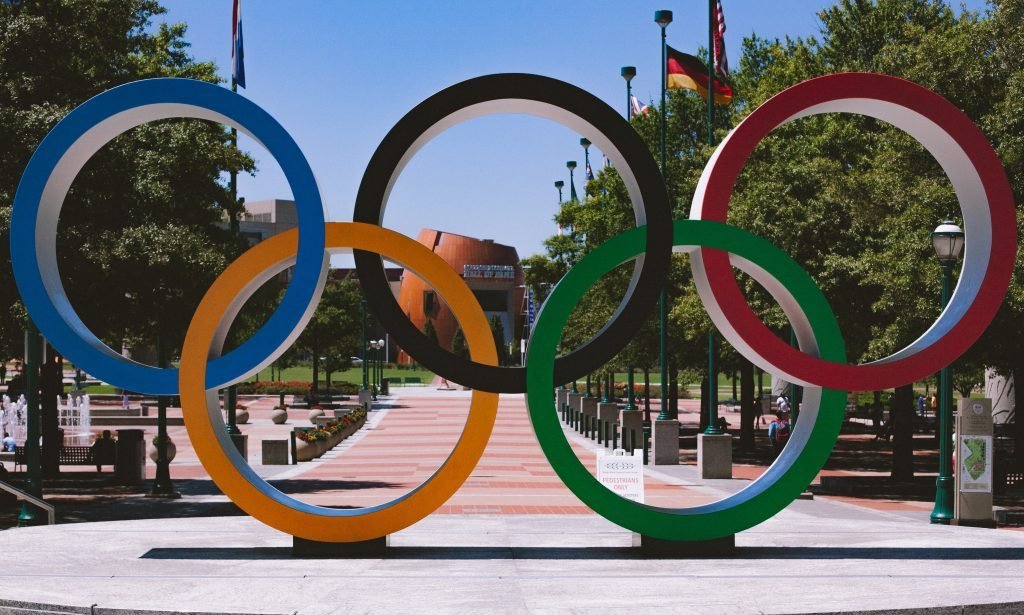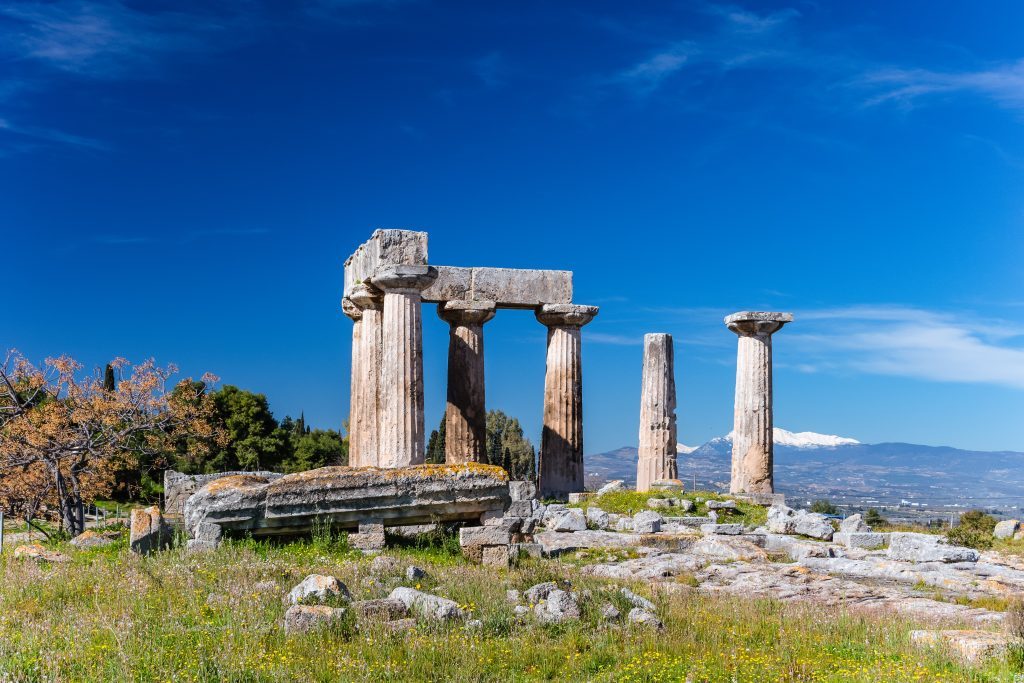Without the ancient Greeks, it is safe to say that New7Wonders would not exist. Inspired by the 7 Wonders of the Ancient World, the founder of New7Wonders Bernard Weber decided it was time to revive the ancient Greek concept. People from all over the world participated in global voting campaigns to elect the New 7 Wonders of the Modern World. This is by no means the only Greek concept that still bears relevance to the world today, however. Here’s a list of 7 ancient Greek concepts that have withstood the test of time:
- The water mill

The water mill: a powerful ancient idea; Boudewijn Huysmans/unsplash.com The earliest known ancient Greek hydraulic wheel dates back to the 3rd century BC. Uncovered during excavations at Perachora Korinthias in Greece, the hydraulic wheel of Perachora is the oldest pumping device in Europe. The device is made up of a perpendicular wheel and small bronze or clay containers which fill up with water at the bottom of the wheel and are then emptied at the top of the wheel. The water then flows into a channel that transports it away from the water wheel.
Throughout history, water mills have been used to grind grain into flour, to mash wood down to a pulp and to hammer metals into shape. Some of these practices still continue in modern-day developing countries. Water wheels can also be converted into hydroelectric power plants to produce energy using the force of the water. - The alarm clock

The alarm clock: a Greek invention; Malvestida/unsplash.com Where would we be without the alarm clock? Probably still in bed! We have the ancient Greeks to thank for the modern-day alarm clock. The device was invented by Ctesibus, a Hellenic inventor and engineer. Around 250 BC, Ctesibus created a system that dropped pebbles onto a gong. The device was originally created to help doctors to count their patients’ pulse and to time speeches in courts of law. Now, it is better known for getting sleepyheads out of bed on time.
- Zoology

Zoology: the product of Aristotle’s early categorisation; Alexander Schimmeck/unsplash.com Aristotle, often referred to as the “Father of Biology”, compiled knowledge about different species that he gained through observation and the study of the work of the Greek philosophers, Anaximander and Theophrastus. It was Aristotle’s application of empirical research principles and scientific method to his observations that would prove to be invaluable for generations of biologists to come.
- Cartography

Getting from A to B — Greek style; geojango/unsplash.com While the Babylonian map of the world is considered to be the oldest world map, the ancient Greeks were the first to draw maps on paper for navigation purposes as we know them today. Anaximander, an ancient Greek philosopher, was the first ancient Greek to create a map of the known world around 2,600 years ago.
- Democracy

The voice of the people: the foundations of democracy; Arnaud Jaegers/unsplash.com The word “democracy” is derived from the ancient Greek “demos”, meaning “people”, and “kratos”, meaning “rule”. For the ancient Greeks, it was important that the inhabitants of a country had a say in how the land was governed.
- Modern medicine

The principles of modern-day medicine: an ancient Greek concept; online-marketing/unsplash.com The ancient Greek physician Hippocrates II of Kos created the foundations of clinical medicine as we know it today. Not only did he explain the symptoms of many diseases, he also coined many universal medical terms that are still used in modern-day practice, such as therapy, trauma, sepsis and many more.
- Olympics

The Olympic Games: an ancient tradition; Bryan Turner/unsplash.com The modern Olympic Games were started by Pierre de Coubertin, the founder of the International Olympic Committee, but the Olympics as we know them today are based on the ancient Greek Olympics, which date back some 2,700 years and were held in honour of the Olympian gods. The first-ever Olympic Games took place on the plains of Olympia in 776 BC.

